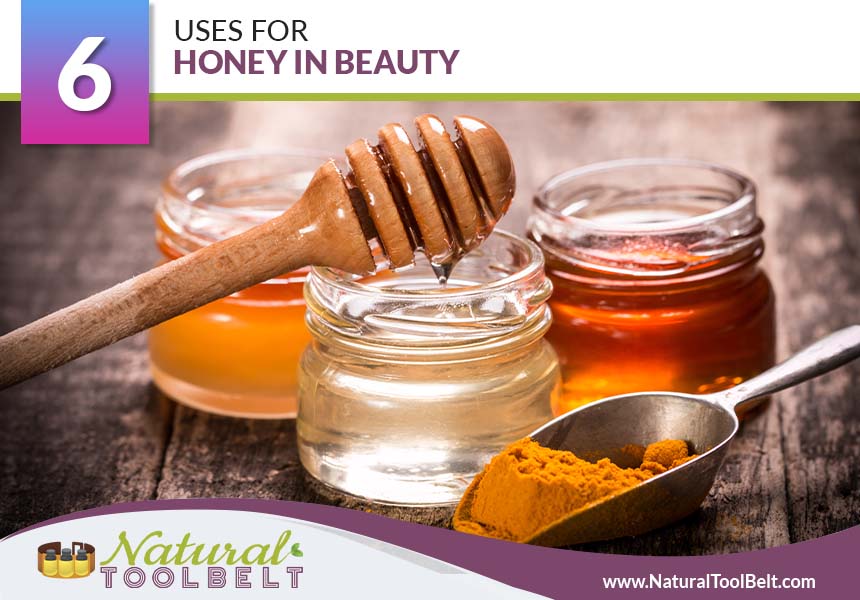8 Vitamins To Reduce Hair Loss
Many people view healthy-looking hair as a sign of health or beauty. Like any other part of your body, hair needs a variety of nutrients to be healthy and grow. Many nutritional deficiencies are linked to hair loss. While factors such as age, genetics, and hormones also affect hair growth, optimal nutrient intake is key. In this article, we will share with you some of the most effective vitamins for hair growth.
First, we will talk about vitamin D, protein, and zinc. Then, we’ll cover vitamins E and C, iron, vitamin A, and B vitamins. Once you have finished reading, you will be able to take advantage of the benefits of some of the most effective vitamins for hair growth.

1Vitamin D
Low levels of vitamin D are linked to alopecia, a technical term for hair loss. Vitamin D is thought to play a role in hair production, but most research focuses on vitamin D receptors. The actual role of vitamin D in hair growth is unknown. That said, most people don’t get enough vitamin D. It may still be a great idea to increase your intake.
Your body produces vitamin D through direct contact with the sun’s rays. Good dietary sources of vitamin D include fatty fish, cod liver oil, some mushrooms, and fortified foods. Vitamin D’s actual role in hair growth is not understood, but one form of hair loss is linked to deficiencies. You can increase vitamin D levels through sun exposure or by eating certain foods.

2Protein
Hair is made almost entirely of protein. Consuming enough is vital for hair growth. Animal studies show that protein deficiency may decrease hair growth and even lead to hair loss.
However, actual protein deficiency is extremely rare in Western countries. Eating enough protein is essential for hair growth. However, a protein deficiency is rare in Western countries these days.

3Zinc
Zinc plays an important role in hair tissue growth and repair. It also helps keep the oil glands around the follicles working properly. Hair loss is a common symptom of zinc deficiency. Studies show that resolving zinc deficiency with supplementation may reduce deficiency-related hair loss.
However, some anecdotal reports that supplementing with too high of a dose can also contribute to hair loss. For this reason, it may be better to get your zinc from whole foods. Foods high in zinc include oysters, beef, spinach, wheat germ, pumpkin seeds, and lentils. The mineral zinc can improve hair growth in people who are deficient in it. Great sources include oysters, beef, and pumpkin seeds.

4Vitamin E
Similar to vitamin C, vitamin E is an antioxidant that can help prevent oxidative stress. In one study, people with hair loss experienced a 34.5% increase in hair growth after supplementing with vitamin E for eight months. The placebo group had only a 0.1% increase.
Sunflower seeds, almonds, spinach, and avocados are all excellent sources of vitamin E. Vitamin E helps prevent oxidative stress and boost hair growth. Great dietary sources include sunflower seeds, almonds, spinach, and avocados.

5Vitamin C
Free radical damage can block the growth and cause your hair to age. Vitamin C is a powerful antioxidant that helps protect against the oxidative stress caused by free radicals. In addition, your body needs vitamin C to create a protein known as collagen, an essential part of the hair structure.
Vitamin C also helps your body absorb iron, a mineral necessary for hair growth. Strawberries, peppers, guavas, and citrus fruits are all excellent sources of vitamin C. Vitamin C is needed to make collagen and can help prevent the hair from aging. Good sources include peppers, citrus fruits, and strawberries.

Iron helps red blood cells carry oxygen to your cells. This makes it an important mineral for many bodily functions, including hair growth. Iron deficiency, which causes anemia, is a major cause of hair loss. It’s especially common in women.
Foods high in iron include clams, oysters, eggs, red meat, spinach, and lentils. Iron deficiency is a major cause of hair loss, especially in women. The best sources of iron include clams, oysters, eggs, red meat, spinach, and lentils.
6Iron

7Vitamin A
All cells need vitamin A for growth. This includes the hair, the fastest growing tissue in the human body. Vitamin A also helps skin glands make an oily substance called sebum. Sebum moisturizes the scalp and helps keep the hair healthy. Diets deficient in vitamin A may lead to several problems, including hair loss.
While it’s essential to get enough vitamin A, you don’t want too much; studies show that too much vitamin A can also contribute to hair loss. Sweet potatoes, carrots, pumpkins, spinach, and kale are all high in beta-carotene, which is turned into vitamin A; vitamin A can also be found in animal products, such as milk, eggs, and yogurt. Cod liver oil is a particularly amazing source. Your hair needs vitamin A to stay moisturized and grow. Excellent sources include sweet potatoes, carrots, spinach, kale, and some animal foods.

8B Vitamins
One of the best-known vitamins for hair growth is a B vitamin called biotin. Studies link biotin deficiency with hair loss in humans. Although biotin is used as an alternative hair loss treatment, those who are deficient have the best results. However, deficiency is very rare because it occurs naturally in a wide range of foods.
There’s also a lack of data about whether biotin is effective for hair growth in healthy individuals. Other B vitamins help create red blood cells, which carry oxygen and nutrients to the scalp and hair follicles; these processes are important for hair growth. You can get B vitamins from many foods, including whole grains, almonds, meat, fish, seafood, and dark and leafy greens. Additionally, animal foods are the only good sources of vitamin B12. So if you’re following a vegetarian or vegan diet, consider taking a supplement.

Healthy-looking hair is viewed as a sign of health or beauty by many people. Your hair needs a variety of nutrients to be healthy and grow, just like many other parts of your body. Many nutritional deficiencies are linked to hair loss. Optimal nutrient intake is key; however, factors such as age, genetics, and hormones also affect hair growth. In this article, we shared with you some of the most effective vitamins for hair growth.
First, we took a look at vitamin D, protein, and zinc. Next, we discussed vitamins E and C and iron. Then, we covered vitamin A and wrapped up with B vitamins. Now that you have finished reading, you can take advantage of the benefits of some of the best vitamins for hair growth.















